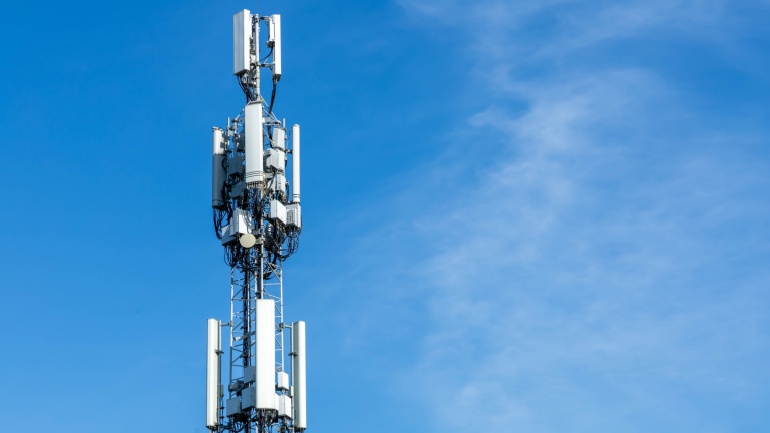NESIC partners with Cloudbrink to enhance their Virtual Trusted Overlay Network using Cloudbrink’s Secure Access Service Edge (SASE) technology. This collaboration aims to revolutionize NESIC’s networking solutions by integrating zero-trust architecture for heightened security.
Verizon has extended its Global Network Solutions contract with the Department of Defense, enhancing secure communication networks in Southwest Asia. This vital partnership reflects Verizon’s pivotal role in evolving communication technology.
CommScope’s GigaSHIELD X10D is revolutionizing high-speed copper networks, meeting the needs of advanced systems by providing exceptional EMI and RFI rejection. This Cat 6A shielded solution ensures fast, reliable installation, setting new industry standards.
The longstanding peering relationship between Deutsche Telekom and Meta, the company behind Facebook, has collapsed in a dispute over network fees. Deutsche Telekom accuses Meta of leveraging its power to undermine the telecom sector, while Meta claims Deutsche Telekom jeopardizes net neutrality.
Huawei and UAE telecom provider du have deployed the first indoor 5G-Advanced network in the Middle East, utilizing three carrier aggregation technology. This network delivers peak data rates of 5.1Gbps, enhancing indoor connectivity in shopping malls, hotels, airports, and residential buildings.
LINX Nairobi’s expansion into PAIX Data Centres elevates its status as East and Central Africa’s premier Internet Exchange Point. This strategic move supports seamless connections for ISPs and global content networks at PAIX’s Nairobi NBO-1 facility. The integration ensures resilient, high-capacity links, fostering Kenya’s digital growth and enhancing VOIP service reliability.
German carriers Vodafone and 1&1 have launched a national roaming partnership, enhancing mobile communications across Germany. New 1&1 customers can seamlessly access Vodafone’s network in areas not yet covered by 1&1. Existing 1&1 customers will also benefit, accessing both 1&1’s 5G network and Vodafone’s national roaming.
BT Group and Edgio are revolutionizing live television streaming with the first Content Delivery Network (CDN) enabled by Multicast-Assisted Unicast Delivery (MAUD) technology. This collaboration promises reduced costs, improved content quality, and scalable, sustainable streaming practices.
Juniper Networks has announced its Blueprint for AI-Native Acceleration, designed to simplify deploying its AI-Native Networking Platform. This framework offers educational resources, trial opportunities, and flexible licensing to help businesses achieve a rapid return on investment. With AI-driven networking, expect up to 90% fewer network trouble tickets and faster deployments.
Chinese telecom engineers claim to have built the world’s first 6G field test network, as reported by China Daily. This experimental network demonstrates advancements in communication capacity and efficiency, leveraging existing 4G infrastructure. China aims to commercialize 6G by 2030, aspiring to set technology standards by 2025.













